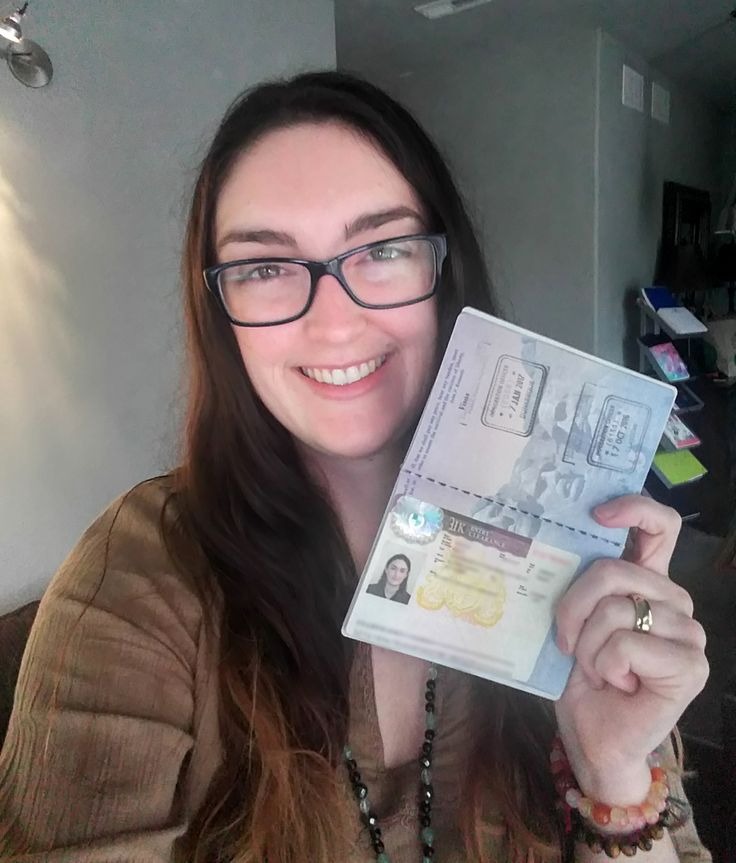Tips for successful Canada Spouse Visa Application Process
Applying for a Canada spouse visa can be an exciting yet challenging process. Whether you’re a Canadian citizen or permanent resident looking to bring your spouse to Canada, understanding the visa application process is essential to ensure a smooth and successful experience.
The Canadian government’s spouse sponsorship program is designed to help families reunite, but like any immigration process, it requires careful attention to detail, thorough documentation, and patience.
Results
#1. What is your primary reason for considering a marriage visa?
#2. Do you know which documents are required for a marriage visa application?
#3. How soon are you planning to apply for a marriage visa?
#4. Are you aware of the benefits a marriage visa provides?
#5. Which challenge do you think is the hardest part of applying for a marriage visa?
#6. What support would be most helpful to you during the application process?
In this article, we will guide you through the tips for a successful Canada spouse visa application process, answer frequently asked questions (FAQs), and provide a conclusion to help you better understand the process.
1. Determine Eligibility
Before starting the application process, it’s crucial to determine if you are eligible to apply for a Canada spouse visa. The sponsorship program allows Canadian citizens and permanent residents to sponsor their spouse or common-law partner for permanent residency. However, you must meet specific eligibility requirements to apply:
Canadian sponsor: The sponsor (the person living in Canada) must be a Canadian citizen or permanent resident and at least 18 years old.
Financial eligibility: The sponsor should be able to prove they can financially support their spouse without relying on government assistance. While there’s no specific income requirement for a spouse visa, you must demonstrate the ability to support your spouse and any dependents.
Relationship proof: You must prove that the relationship with your spouse is genuine and not for immigration purposes. This is one of the most critical aspects of the application.
2. Gather Required Documents
One of the most important tips for a successful spouse visa application is ensuring you have all the necessary documents. Immigration, Refugees, and Citizenship Canada (IRCC) requires several key documents to assess your application. Some of the essential documents include:
Proof of Canadian citizenship or permanent residency: A copy of your Canadian passport, birth certificate, or Canadian permanent resident card.
Marriage certificate or proof of common-law relationship: If you’re married, a certified copy of your marriage certificate is required. For common-law partners, you’ll need to provide documents showing that you have been living together in a conjugal relationship for at least one year.
Proof of relationship: Photographs, letters, and evidence of shared finances or other significant ties that show the authenticity of your relationship. This can include messages, emails, and travel records.
Police certificates: Your spouse may need to provide police certificates from any country they’ve lived in for more than six months since turning 18.
Medical exam results: Your spouse will need to undergo a medical examination to prove they do not have any health conditions that would make them inadmissible to Canada.
Proof of financial support: Documents such as your tax returns, pay stubs, and bank statements to show that you can financially support your spouse.
3. Submit a Complete Application
It is essential to submit a complete application with all the required forms, documents, and fees. Missing documents or incomplete forms can delay the processing of your application or result in rejection. Ensure that:
All required forms are filled out correctly: Double-check the application forms for accuracy, completeness, and clarity. Make sure you’re using the correct version of the forms, as they are often updated.
Include both sponsor and applicant documents: You will need to submit documents for both you (the sponsor) and your spouse (the applicant). Make sure to check the application checklist on the official IRCC website to ensure all documents are included.
Double-check translations: If any of your documents are not in English or French, make sure to provide certified translations. This is essential for ensuring that your application is processed smoothly.
4. Be Honest and Transparent
Honesty and transparency are vital during the Canada spouse visa application process. Immigration authorities take fraudulent claims seriously and will thoroughly investigate any inconsistencies or misleading information.
If you try to hide anything, whether it’s previous relationships, immigration violations, or criminal history, it can lead to serious consequences, including rejection or deportation.
Provide accurate information: Answer all questions truthfully and to the best of your ability. If you’re unsure about something, it’s better to ask for clarification rather than make assumptions.
Avoid misrepresentation: Even small omissions can be seen as misrepresentation and may hurt your chances of getting approved for a spouse visa.
5. Demonstrate the Genuineness of Your Relationship
One of the most critical factors for the approval of a Canada spouse visa is proving that your relationship is genuine. The Canadian government wants to ensure that applicants are not entering into marriage or common-law relationships solely for immigration purposes.
Provide sufficient evidence of the relationship’s history: Share photographs, messages, and travel history to show that your relationship is ongoing and genuine. Include personal letters or statements that reflect your feelings for each other.
Keep records of communication: Keeping a record of how you and your spouse have communicated (such as emails, phone records, and messages) can help provide additional proof of a real relationship.
Include family involvement: If your families have met or are involved in your relationship, include information about this. The more evidence you provide about the authenticity of your relationship, the stronger your application will be.
6. Pay the Application Fees
Along with the application, you will need to pay the processing fee. The cost of a Canada spouse visa application varies depending on the type of visa and whether you are applying from inside or outside Canada.
SEE ALSO:
Documents needed for Marriage Visa to Canada
Eligibility for Spouse Sponsorship to Canada
How to renew Spousal Visa to Canada
Make sure you know the exact fee for your application and pay it before submitting your documents. Keep a record of your payment for reference.
7. Be Patient and Prepare for Processing Time
The processing time for a Canada spouse visa can take several months, depending on where you are applying from and the complexity of your case. It’s crucial to remain patient and not to make any unnecessary inquiries while waiting. Here are some tips to manage the wait:
Check your application status online: You can track the progress of your application through the IRCC website.
Respond promptly to requests for additional information: If IRCC requests more documents or additional details, respond as quickly as possible to avoid delays.
8. Seek Professional Help if Necessary
If you find the process overwhelming or complicated, you may want to seek the assistance of an immigration consultant or lawyer.
They can help you navigate the visa application process, review your documents, and provide valuable advice to improve your chances of success. However, be sure to hire a certified immigration consultant or lawyer to avoid any scams.
FAQs on Tips for Successful Spouse Visa Application
How long does it take to get a Canada spouse visa?
The processing time for a Canada spouse visa can vary depending on the location and the complexity of your case. Generally, it can take anywhere from 12 to 24 months for your application to be processed.
Can I apply for a spouse visa while my spouse is in Canada?
Yes, you can apply for a spouse visa while your spouse is in Canada. However, they must meet the eligibility criteria for permanent residency, and you must prove that your relationship is genuine.
What if my spouse has a criminal record?
If your spouse has a criminal record, it may affect the outcome of your application. It is essential to disclose any criminal history and provide the necessary documents, such as police certificates and rehabilitation evidence.
Can my spouse work in Canada while the application is processing?
If your spouse applies for an open work permit while the spouse visa application is in process, they may be able to work while waiting for the approval. However, this depends on their specific situation and immigration laws.
Can I sponsor my spouse if I’m in Canada on a temporary visa?
Yes, you can sponsor your spouse even if you are in Canada on a temporary visa, such as a student or work visa. However, you must be a Canadian citizen or permanent resident to sponsor your spouse, and you must demonstrate that you can meet the financial requirements to support them.
What is the difference between the inland and outland spouse visa applications?
The inland spouse visa is for couples where the spouse applying for the visa is already in Canada. This process allows the spouse to apply for an open work permit while waiting for their permanent residency application to be processed.
The outland spouse visa is for couples where the spouse applying for the visa is outside of Canada. Outland applications tend to be processed faster than inland ones, although the applicant will need to remain outside of Canada until the visa is granted.
Wrapping Up
The Canada spouse visa application process is an important step for families looking to reunite. By ensuring that you meet the eligibility requirements, gather all necessary documents, and submit a complete and honest application, you increase your chances of success.
While the process can take time and patience, following these tips and understanding the process thoroughly will help you navigate it more effectively.
If you encounterdifficulties, don’t hesitate to seek professional help to ensure your application is as strong as possible.











